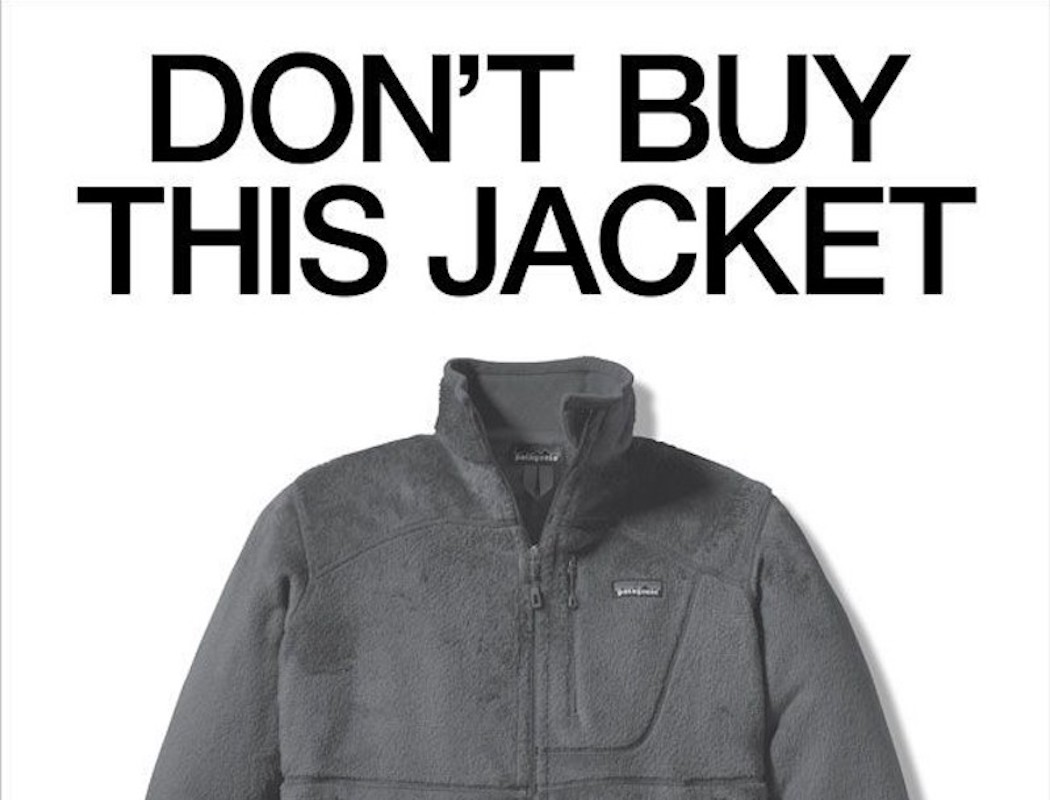By now you’ve heard the news; Yvon Chouinard, the rock-climber turned outdoor apparel retailer who founded Patagonia, has donated the company to a not-for-profit working to stop climate change.
“Instead of ‘going public’, you could say we’re ‘going purpose’,” said Yvon. “Instead of extracting value from nature and transforming it into wealth for investors, we’ll use the wealth Patagonia creates to protect the source of all wealth.”
Yvon and his family will maintain control of the company, the voting shares in the company will be held in a trust.
But the profits from the company, some $US100 million per year, will be available for use by the Holdfast Collective to defend nature and fight climate change.
Holdfast is a 501(c)(4) nonprofit organisation, which means it can make unlimited political donations. This makes it a powerful vehicle to wield the Patagonia fortune, with the mission set to continue long after Yvon and his family are gone.
While the move is unprecedented, it’s not unexpected from Yvon. He built the company to bring quality goods to his company, and as it grew he used it as a platform to make positive change.
1% of profits already go to conservation causes, but it’s through corporate advocacy that his impact has been felt.
“One option was to sell Patagonia and donate all the money. But we couldn’t be sure a new owner would maintain our values or keep our team of people around the world employed.” Yvon says.
“Another path was to take the company public. What a disaster that would have been. Even public companies with good intentions are under too much pressure to create short-term gain at the expense of long-term vitality and responsibility.”
His frustrations at the mis-aligned incentives of modern big-business drove him to keep the company private, and keep shares tightly held.
Even the company itself went against the grain of traditional retail wisdom. He took out a full page ad demanding people ‘Don’t buy this jacket’. It was pushing-back against over-consumption, but the result was record sales.
Patagonia makes quality clothes, designed to last. They’re not cheap, and they’re made from plastics, some of which are derived from fossil fuels.
We’re all responsible for how much we consume, and buying less is the simplest mantra to reduce your personal footprint.
Rather than falling into the paradox of buying more goods branded as ‘sustainable’, we should simply buy less, and buy the best quality we can afford.
Patagonia repairs clothes for free, and doesn’t shy away from advocating for causes it sees as important. They’re costs to the business, but customer love for the brand has far outstripped those costs.
It raises a polite middle-finger to Milton Friedman’s neo-liberals. It’s a company using the very tools of capitalism to fight the worst instincts of corporate governance.
“Despite its immensity, the Earth’s resources are not infinite, and it’s clear we’ve exceeded its limits. But it’s also resilient. We can save our planet if we commit to it.” Yvon signs off his letter announcing the company’s new shareholder, earth.

